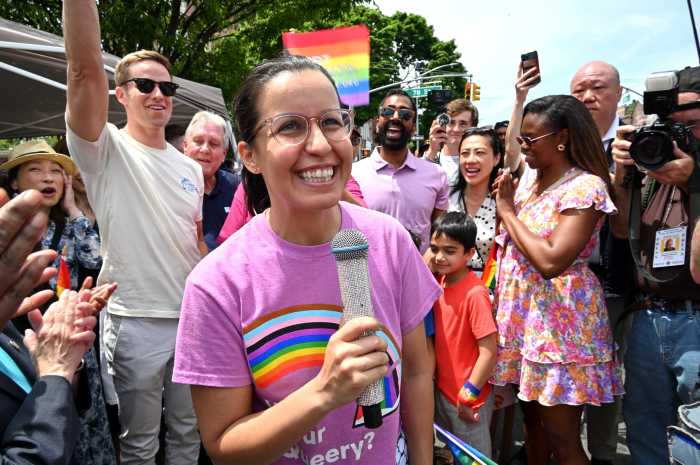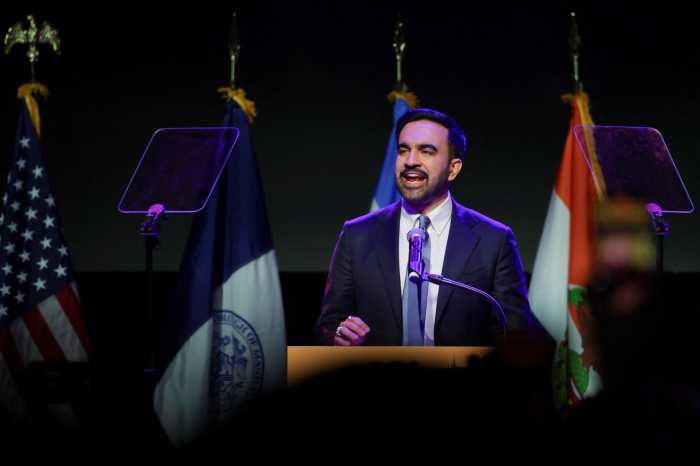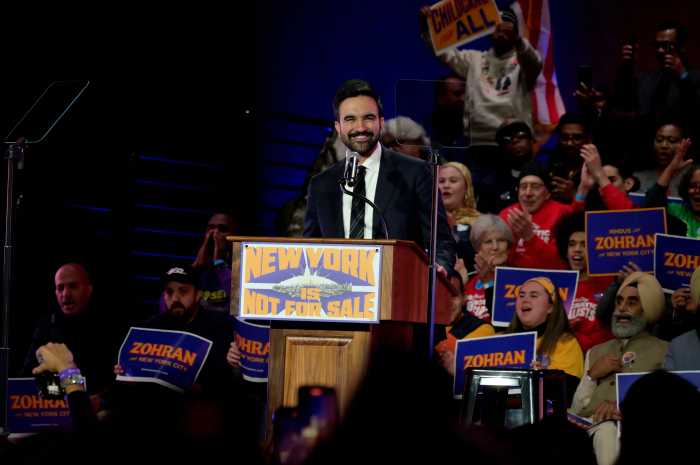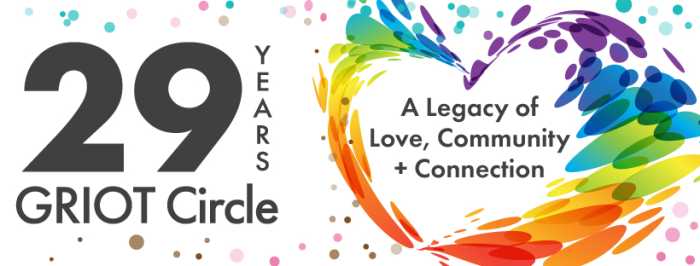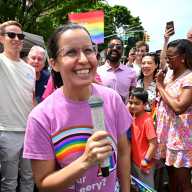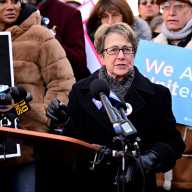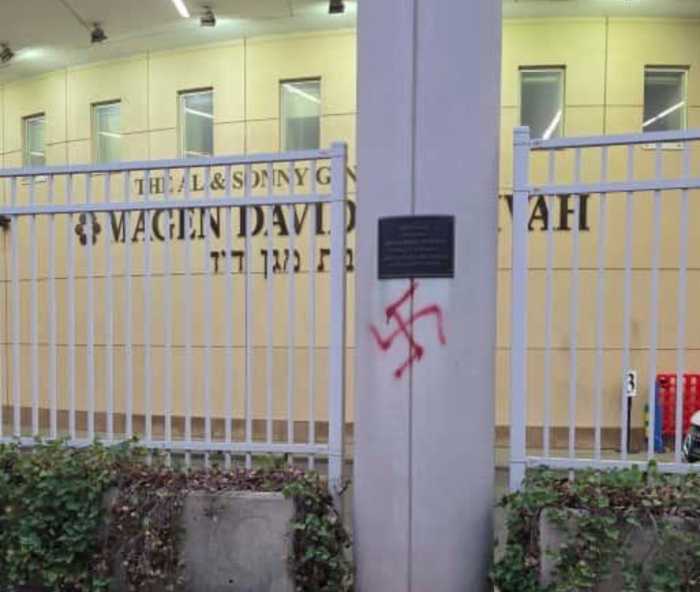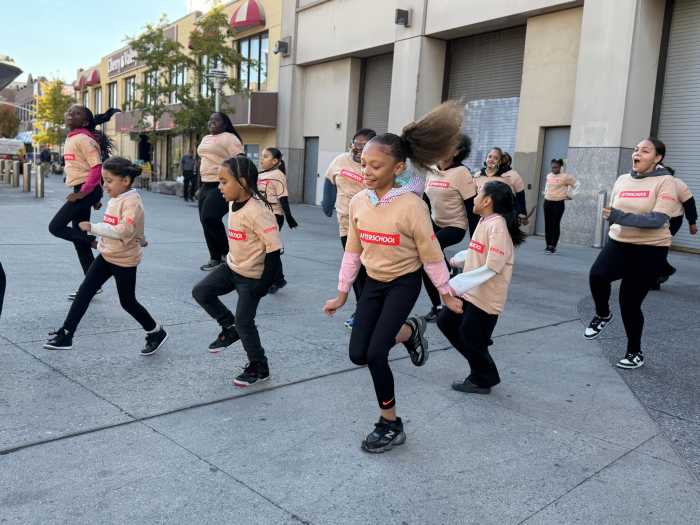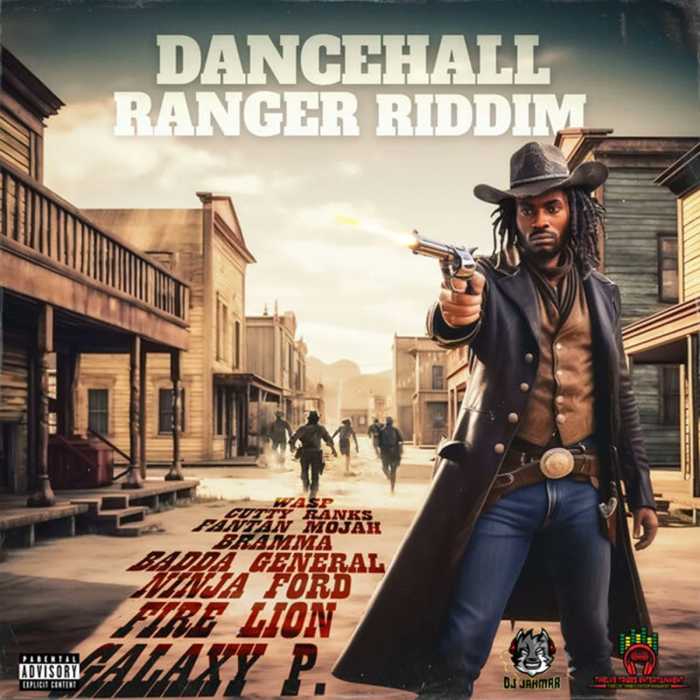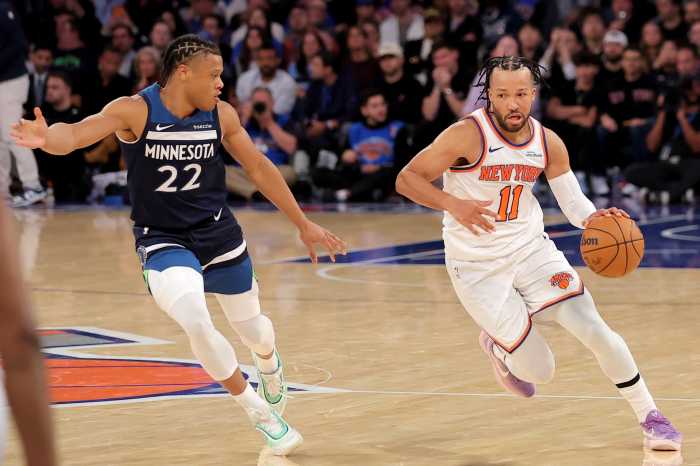In response to an emergency petition filed by the supporters of California’s Proposition 8, US Supreme Court Justice Anthony Kennedy has temporarily barred the judge presiding over the lawsuit challenging the constitutionality of the anti-gay amendment from broadcasting the proceedings, which began on January 11.
In a 48-page filing, attorney Andrew Pugno argued, “All proponents' witnesses have expressed concern over the potential public broadcast of trial proceedings, and some have stated that they will refuse to testify.”
Defenders of Prop 8 cite the public pressure faced by those who endorsed and/ or contributed money to the anti-gay measure, approved by California voters in November 2008, just six months after the State Supreme Court ruled that there is a right to same-sex marriage under the State Constitution.
US District Judge Vaughn R. Walker, who is overseeing the trial, ruled last week that the proceedings would be narrowcast in certain federal court buildings throughout the Ninth Circuit and one in New York City as well, and would be available the following day for rebroadcast on YouTube.
The full Ninth Circuit subsequently approved Walker’s plan, unusual for the federal courts.
In his January 11 order, Kennedy barred Walker from carrying out his plan, but sent the matter to the full Supreme Court for hearing on January 13.
Justice Stephen Breyer dissented from Kennedy’s order, saying that the Prop 8 supporters had failed to show “irreparable harm,” the usual standard for winning a temporary stay.
Edwin Meese III, President Ronald Reagan’s attorney general who is now a fellow at the conservative Heritage Foundation, writing in the New York Times on January 11, parroted the claims of the Prop 8 supporters, arguing that allowing cameras in the courtroom, for the first time in the Ninth Circuit, “will expose supporters of Proposition 8 who appear in the courtroom to the type of vandalism, harassment, and bullying attacks already used by some of those who oppose the proposition.”
Due to the bar on broadcast of the proceedings, attorney Ted Olson, who represented George W. Bush in the Bush v. Gore Supreme Court arguments that decided the 2000 election (in opposition to Al Gore's lawyer, David Boies, who is Olson’s co-counsel in challenging Prop 8) plans to read his opening statement to the press at 4 p.m. San Francisco time on January 11.

